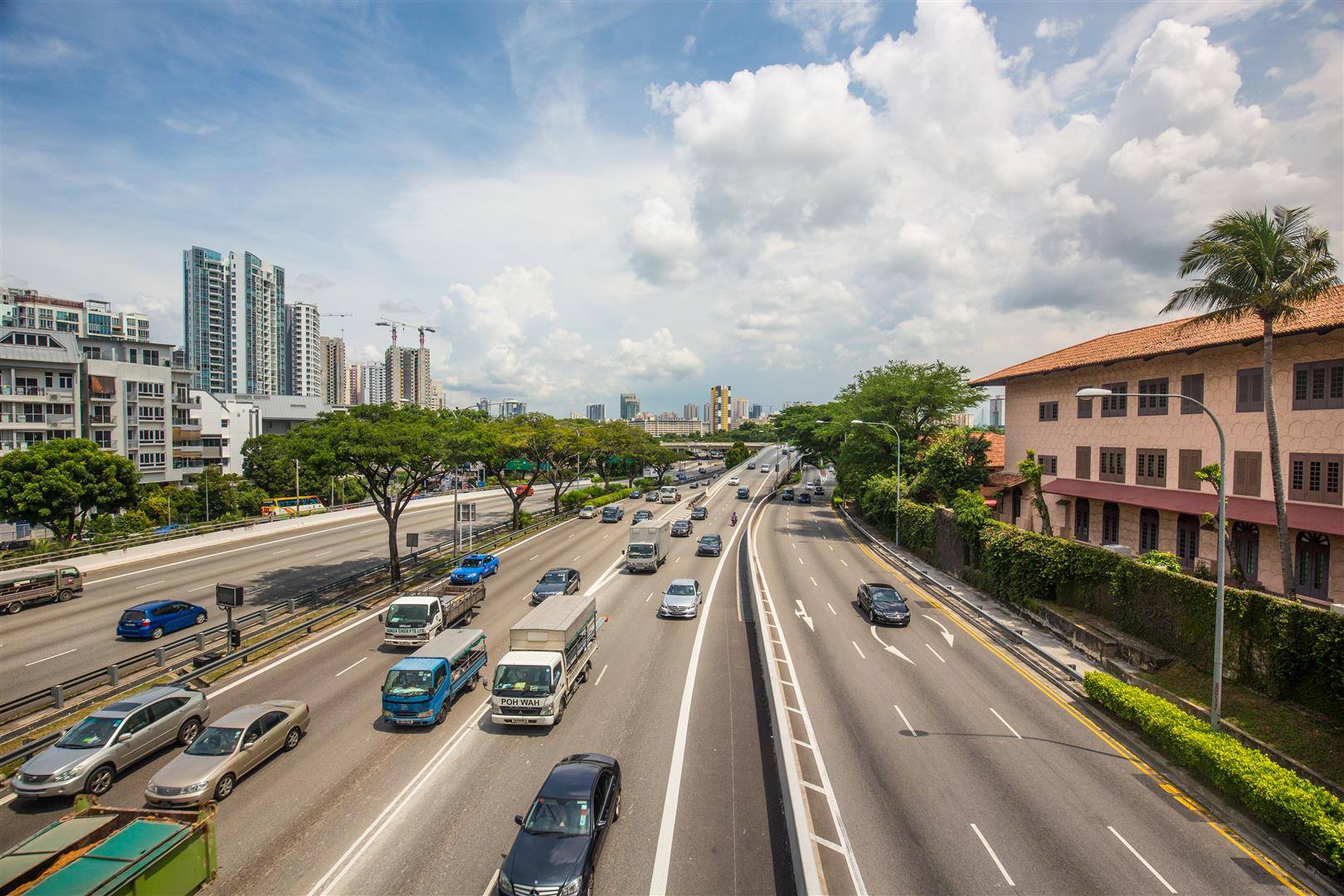When news broke that the Land Transport Authority would be spending $556 million to build a new satellite-based ERP system, the first reactions were predictably at the eye-watering figure (even though it's half the amount of the next highest bid).
After that, some were commenting on how the Government has yet again found an even more efficient way to take money from the people.
But beyond just being uber-efficient at collecting dollars, a satellite-based ERP system opens up many possibilities for the Government to improve the traffic situation. If that's their plan besides ensuring roadside parking and off-peak car fees are being collected.
Here are some awesome possibilities:
1. Efficient diversion of traffic
The media has already mentioned this point, but it seemed that the focus of the news yesterday was almost entirely on the $556 m tender bid as well as the fact that ERP will be collected based on distance.
Pity.
Having an on-board unit on every vehicle in Singapore allows the authorities to know at any moment the amount of traffic on any road.
If they can pair this information with some really smart data and behavioural scientists, a system can be developed to ensure that motorists will always be given the best route to their destinations.
How many times have you seen the electronic signboards before you enter the expressway telling you that there's a massive jam, but you get onto the expressway nonetheless because you think there isn't a better route; or think that the traffic watch announcements on the radio always seem to only come on when you're already stuck in a jam?
With this new system, you don't even have to be near an expressway to know it's packed. In the ideal world, the on-board unit should be smart enough to plot you a new route, and tell you how much time you will be saving.
2. Motorist funded route-based rewards
People now are 'punished' for clogging up popular routes during rush hour with ERP charges. The only 'reward' they receive is when they decide to drive alternative routes or wake up earlier/later to avoid ERP charges - that might not change a lot of behaviour.
What if under the new satellite-based system, you are rewarded with money for taking the alternative longer route - and this reward comes from another motorist paying the ERP charge for using the popular route?
This was previously impossible because ERP gantries have no way to detect your 'sacrifice' in taking the longer route.
Seems fair, no? I'm paying for someone to take the longer route, or I get reimbursed some money for taking more time and petrol to reach my destination.
Wonderful.
3. Backbone infrastructure for a future driver-less transport network
Not sure if LTA is thinking of this and it would be a pity not to.
I'm not saying the on-board unit will suddenly transform your car into a driverless one.
What it does, however, is to help collect transportation data. This could give the authorities a greater sense of what is going on on the roads daily. And this will help it plan and roll out Singapore's own driverless transport network.
And when the day comes where automakers do figure out how to make driver-less vehicles economically viable, the on-board unit LTA has can form part of the car's 'brain'.
You may ask why not let tech giants like Google, Apple, or Tesla do all the brain work for driverless technologies.
The simple answer is that no country would let any private entity that much access and control over something as vital as its transport network - they may partner up, but the country will always get full control.
4. There will be greater enforcement
If you're a traffic law-abiding citizen, you will have no problem with this.
Satellite tracking of your vehicle can tell whether you are speeding or not - so no more crazy speedsters on the road doing 160 km/h at night just because.
Can't stand cars clogging up the side of the roads where they shouldn't be? Satellites will be able to tell if you're parked illegally and obstructing traffic.
People planning to commit crimes, smuggle drugs, or want to drink drive will have to think twice before they get in their vehicles as well.
It all sounds very 1984 and Big Brother-ish, and if you are lamenting how the Government wants to track your movement in your car, then perhaps you should dump your phone in a river and log off from all your emails and social media accounts while you are at it.
The future is car-lite, but it must be comfortable as well
Let's not kid ourselves - distance-based charging will definitely hit the wallet, perhaps even more than current ERP charges.
That's the goal all along for the Government's Car-Lite Singapore vision under the Sustainable Singapore Blueprint 2015.
So it is likely that car ownership isn't going to get cheaper anytime soon.
The challenge is for the authorities to make public transportation efficient, reliable, and most importantly, comfortable.
And in Singapore's sweltering and humid heat, arriving at work without their shirts stuck to their sweaty backs is one big incentive people have from feeding their cars with cash.
Top image from LTA Facebook
If you like what you read, follow us on Facebook and Twitter to get the latest updates.
If you like what you read, follow us on Facebook, Instagram, Twitter and Telegram to get the latest updates.
